Ancient spiritual games of the East – A path to your true self
Unique theoretical and practical research by Polina Luzhinskaya, expert in Oriental and Religious Studies
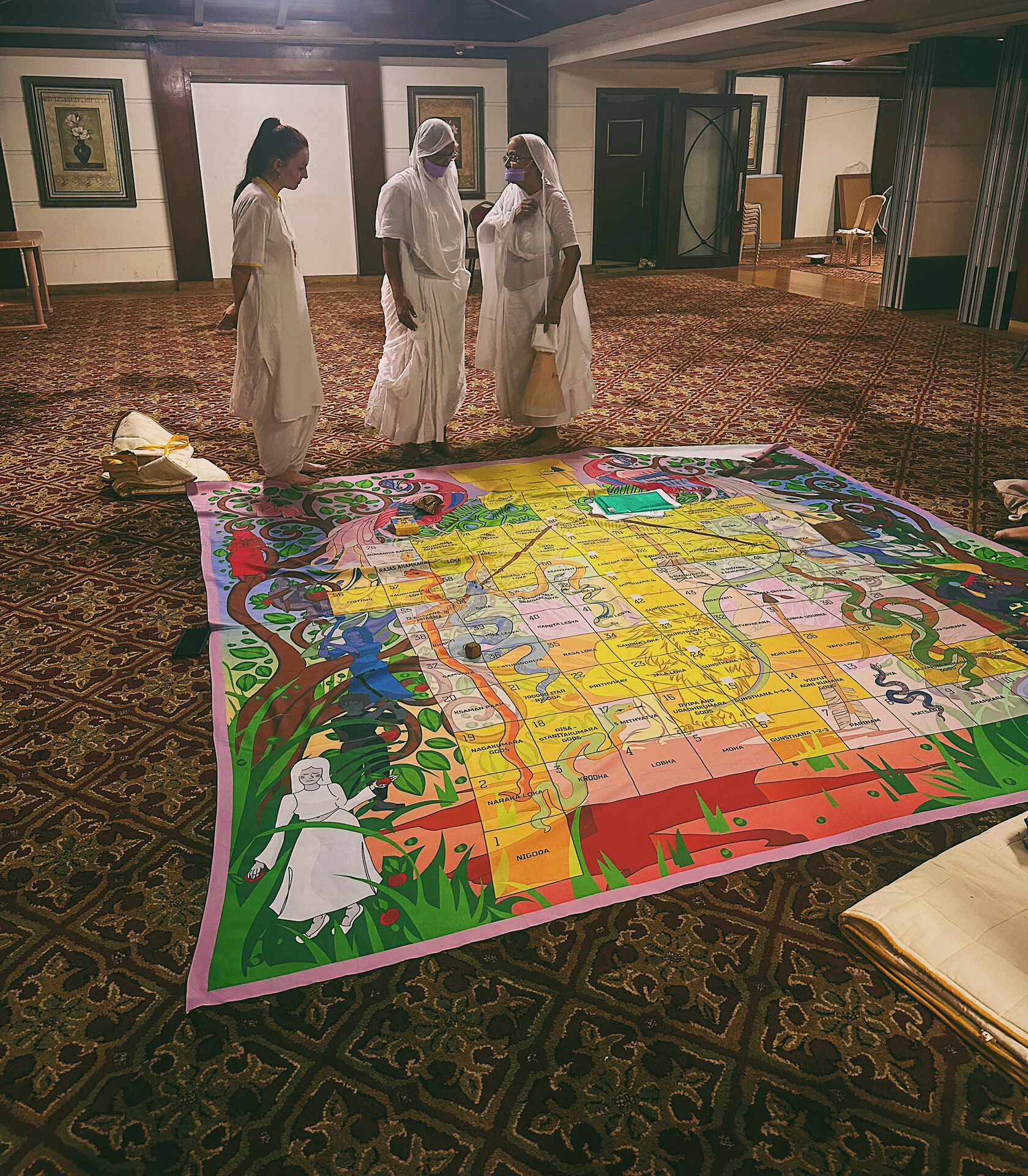
In contemporary Russia and the post-Soviet space, games of this kind are predominantly viewed as practical tools for addressing psychological and spiritual needs. However, their historical, cultural, and philosophical depth is far more intricate and multifaceted than we might initially perceive.
These games deserve to live, evolve, and resonate across the world. Each one is unique, carrying within it a sacred essence that speaks directly to the human soul.
These games deserve to live, evolve, and resonate across the world. Each one is unique, carrying within it a sacred essence that speaks directly to the human soul.
Spiritual and Religious Games of the East – What Are They?
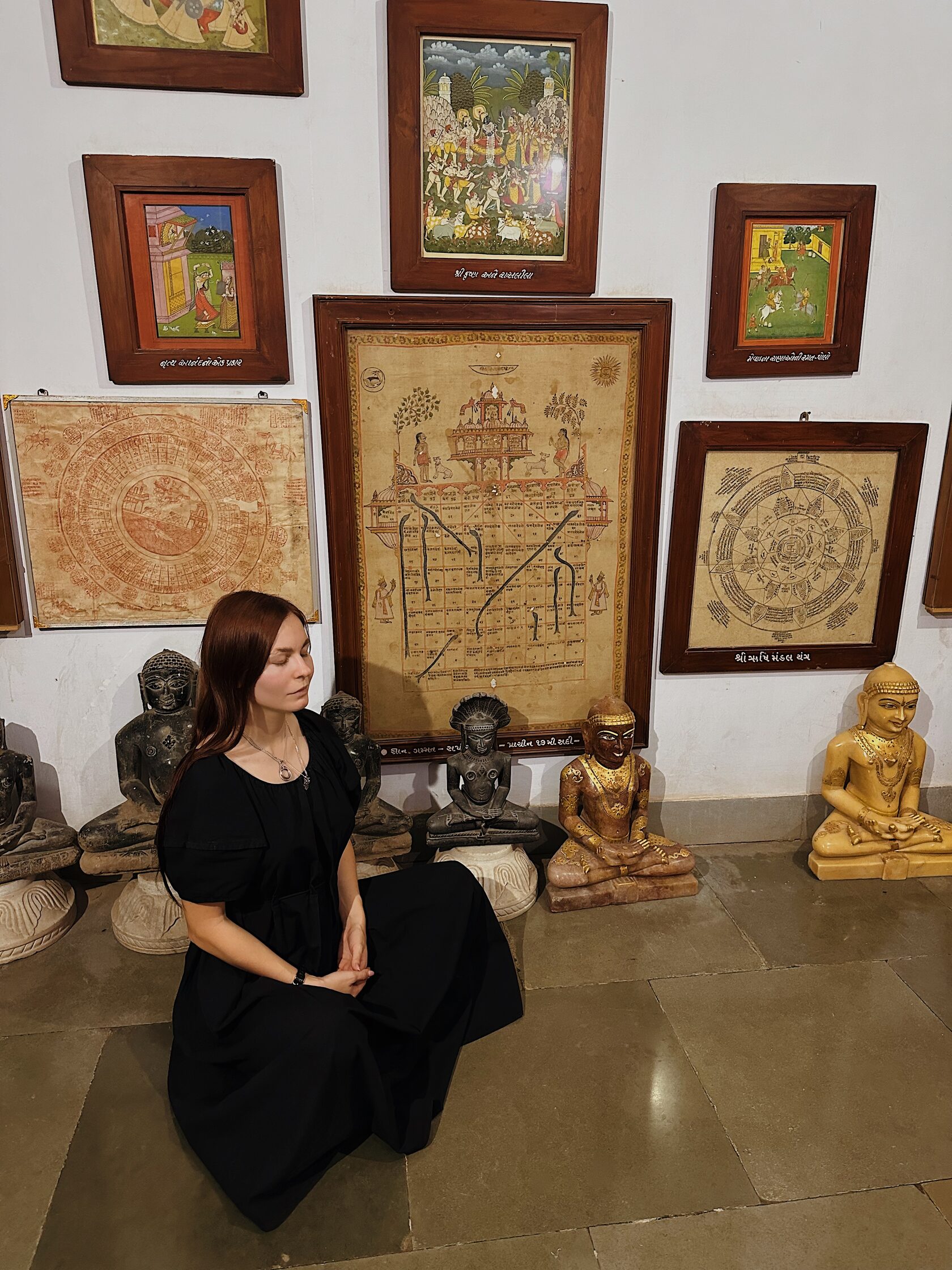
In India, Nepal, China, and Tibet, game boards from the 18th and 19th centuries have been preserved. These were used for spreading the teachings of Hinduism, Jainism, Buddhism, and for spiritual purposes.
Today, the Vaishnava version of the game (72 squares) is called “Leela” which refers to the divine play in Hindu philosophy.
Thanks to Harish Johari, who wrote a book with commentary on the Vaishnava version, the world became acquainted with Leela. He opened the "treasure chest," from which anyone can draw the deepest Eastern wisdom.
Today, the Vaishnava version of the game (72 squares) is called “Leela” which refers to the divine play in Hindu philosophy.
Thanks to Harish Johari, who wrote a book with commentary on the Vaishnava version, the world became acquainted with Leela. He opened the "treasure chest," from which anyone can draw the deepest Eastern wisdom.
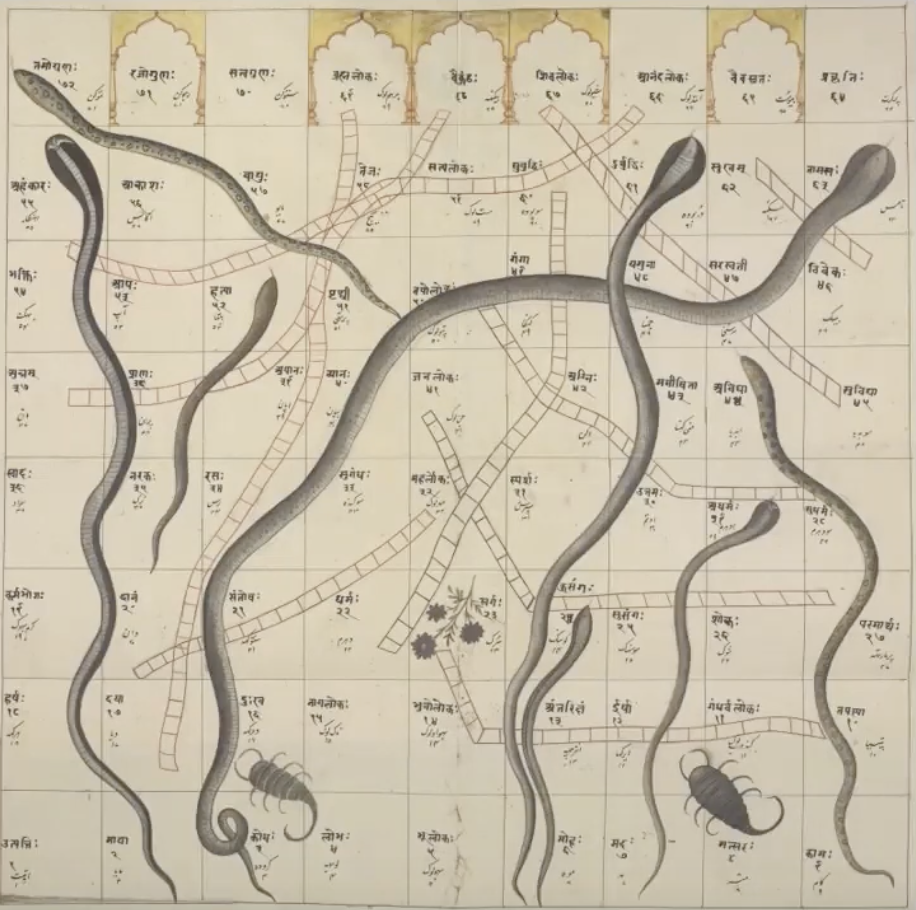
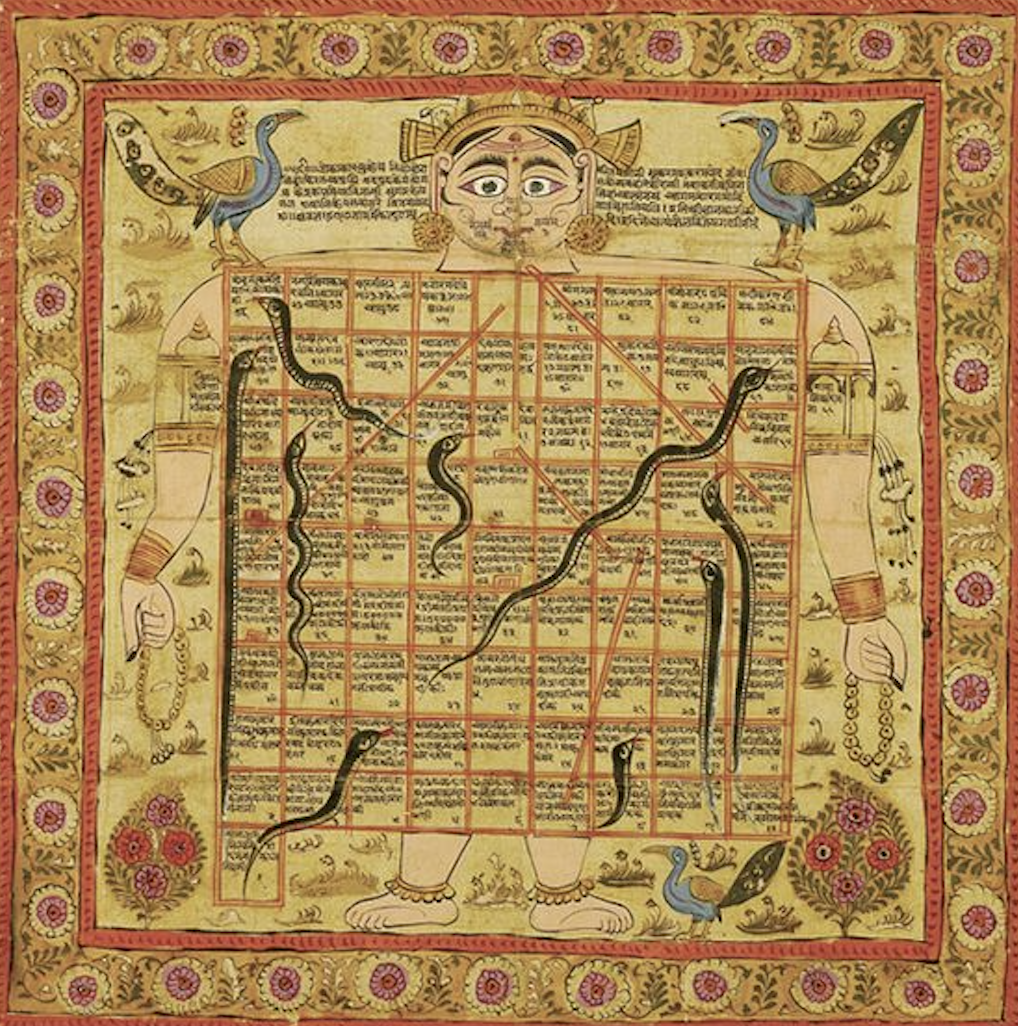
The Hindu Leela offers a glimpse into infinity along the spiritual path. It supports the cultivation of inner wholeness and provides a firm point of inner anchoring.
The Jain Leela fosters purity through ascetic practices, vows, and meditations.
This game is not for everyone—it is for those who sincerely seek the liberation of the soul and are ready to immerse themselves in the lessons of karma.
On the Jain Leela board, it is impossible to deceive oneself or the world; only honesty becomes the key to success on the path.
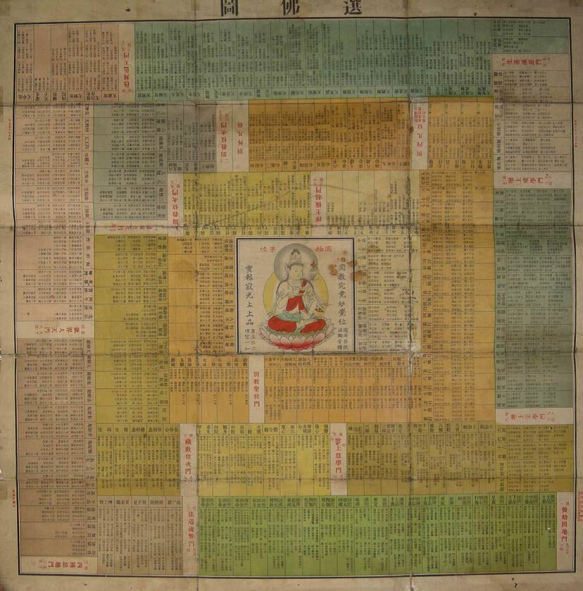
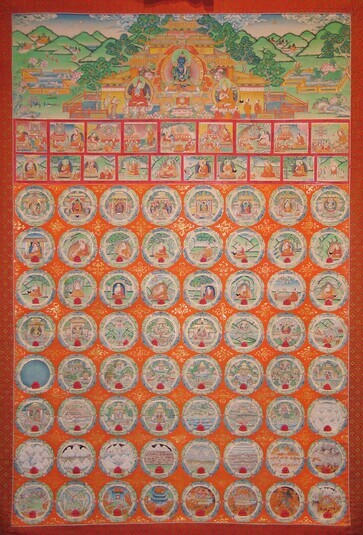
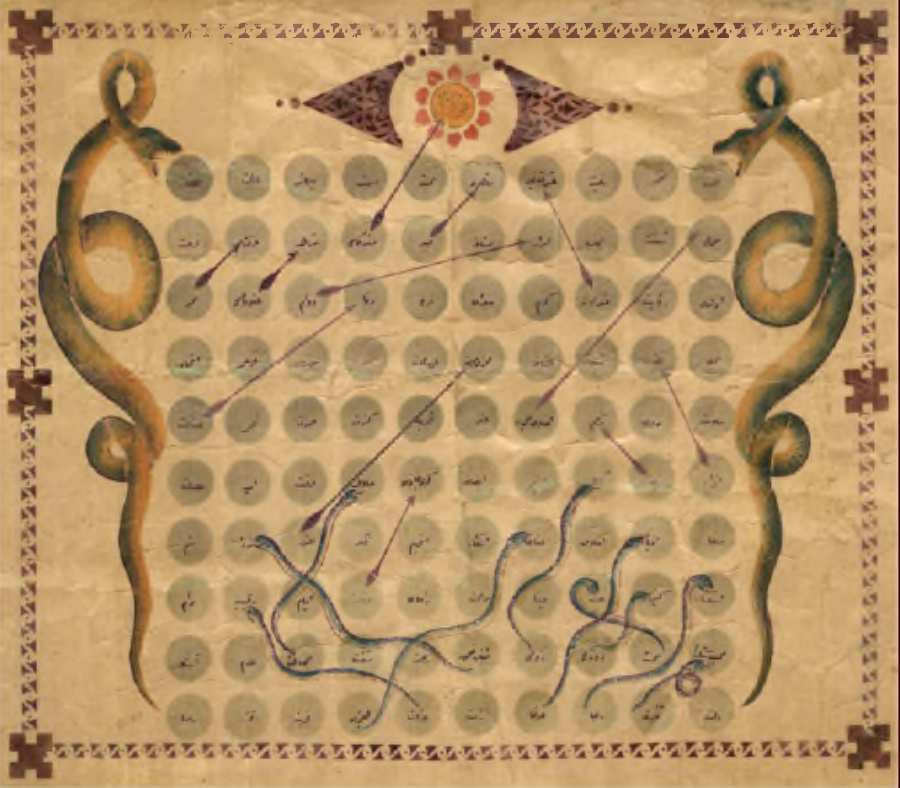
The Chinese Buddhist game Xuan Fo Tu «选佛图»weaves together monastic vows and an abundance of meditative practices that transport human consciousness into other dimensions.
And what might happen if one were to enter into communion with all the sacred game boards of the East at once…?
The Tibetan Buddhist game Salam Namshak is imbued with tantric mysticism and leads the practitioner through subtle mystical realms. Siddhis are revealed, and glimpses of Shambhala flicker on the horizon.
On the board of the Sufi Leela, one explores all the facets of love—dissolving into the currents of divine ecstasy.
Video reviews of 19th-century Jain game boards in the Indian city of Palitana (in russian)
About expert
Polina Luzhinskaia
- Orientalist and interpreter specializing in the religions of India and China.
- Polina is fluent in Chinese and English, possesses an advanced knowledge of Classical Chinese, and is currently studying Sanskrit and Tibetan.
- She successfully defended her Master's thesis at the F.M. Dostoevsky Russian State University for the Humanities, focusing on the study of mystical-esoteric traditions. Her research, titled "The Mystical-Spiritual Tradition of Indian and Chinese Religious Games in Ancient and Modern Times: A Comparative Analysis of the Vaishnava and Jain 'Jnāna Chaupadā' and the Buddhist 'Xuan Fo Tu'", explored spiritual-religious games of the East.
- Polina reconstructed the Jain version of Leela game, receiving the blessing of the Indian Terapanth monastic order for its dissemination. She also translates and adapts the Chinese spiritual game 選佛圖 (Xuan Fo Tu) and the Tibetan Salam Namshak.
- She is a master of the classical Hindu Leela game and has conducted over 800 sessions over the past five years.
- Polina has organized two research expeditions to India and one to Nepal dedicated to the study of ancient Eastern games.
- She is the founder of the School of Ancient oriental Games, through which she has trained over 50 people in both the theoretical and practical dimensions of these unique traditions.
- As a transpersonal psychologist, she draws on trance techniques and global spiritual traditions.
- Polina is a certified instructor of yoga, meditation, qigong, and yoga nidra.
Current work
Writing a Comparative Monograph on Eastern Spiritual Games
A comprehensive academic study comparing Hindu, Jain, and Buddhist spiritual games, exploring their symbolic systems, philosophical foundations, and historical transformations across cultures.
Creation of a Multimedia Map of Game Transmission in Asia
Development of an interactive academic map tracing the historical diffusion of spiritual board games across India, Nepal, Tibet, China, Bhutan, Korea, and Japan, highlighting cultural, linguistic, and doctrinal intersections.
Development of a Digital Database of Sacred Game Boards
Compilation of a structured digital archive with annotated metadata—documenting location, tradition, iconography, and material culture of historical game boards preserved in museums, monasteries, and private collections.
Fieldwork and Ethnographic Documentation
Field expeditions to monasteries, archives, and remote communities for interviews, photographic documentation, and oral history gathering—especially in regions where traditional games are still remembered or practiced.
Academic Dissemination and Scholarly Contributions
Publishing peer-reviewed articles, presenting findings at international conferences (e.g., IAHR, AAR), and contributing to the academic discourse on religious pedagogy, visual soteriology, and ritual practice in Asian religions.
Public Outreach and Exhibition
Curating a physical or virtual exhibition of spiritual games to engage broader audiences. The project bridges scholarly research with public education through visual storytelling and embodied ritual culture.
Public lectures and conference presentations by Polina Luzhinskaia (in russian)
New practical and academic courses
Master of Eastern Sacred Games is a three-level program that combines academic depth with practical experience, offering a comprehensive foundation in facilitating Vaishnava and Jain versions of the game of Leela as spiritual and psychological tools. It is designed to train in a unique methodology and prepare you to become a sought-after specialist in the field.
The first level focuses on mastering the classical Hindu version of the game of Leela, the second on the Jain tradition, and the third is a retreat in India, where participants will learn secret meditation techniques directly from Jain monks.
The first level focuses on mastering the classical Hindu version of the game of Leela, the second on the Jain tradition, and the third is a retreat in India, where participants will learn secret meditation techniques directly from Jain monks.
Academic Lecture Series – Magic and Mysticism of Ancient Eastern Games. This course explores how ancient spiritual games of Hinduism, Buddhism, Jainism, and Sufism developed and were used not merely for entertainment, but as powerful tools for spiritual enlightenment.
The lectures by Polina Luzhinskaia are based on the latest academic research in the fields of cultural studies and religious studies, as well as rare and unique works by scholars who specialize in the study of Eastern spiritual games.
The lectures by Polina Luzhinskaia are based on the latest academic research in the fields of cultural studies and religious studies, as well as rare and unique works by scholars who specialize in the study of Eastern spiritual games.
Academic Lecture Series – Traditional Magical Systems of India and China.
This course delves into the rich and complex world of traditional magical traditions in India and China, examining ancient black magic cults, healing rituals, and esoteric practices that have shaped the spiritual landscape of these civilizations for centuries. It also addresses how these systems are perceived and adapted in contemporary cultural and religious contexts.
The lectures by Polina Luzhinskaya draw on cutting-edge research in religious studies, anthropology, and cultural history, as well as rare ethnographic sources and fieldwork materials. Special attention is given to the interplay between magical worldviews, ritual technologies, and the ongoing transformation of these traditions in the modern world.
This course delves into the rich and complex world of traditional magical traditions in India and China, examining ancient black magic cults, healing rituals, and esoteric practices that have shaped the spiritual landscape of these civilizations for centuries. It also addresses how these systems are perceived and adapted in contemporary cultural and religious contexts.
The lectures by Polina Luzhinskaya draw on cutting-edge research in religious studies, anthropology, and cultural history, as well as rare ethnographic sources and fieldwork materials. Special attention is given to the interplay between magical worldviews, ritual technologies, and the ongoing transformation of these traditions in the modern world.

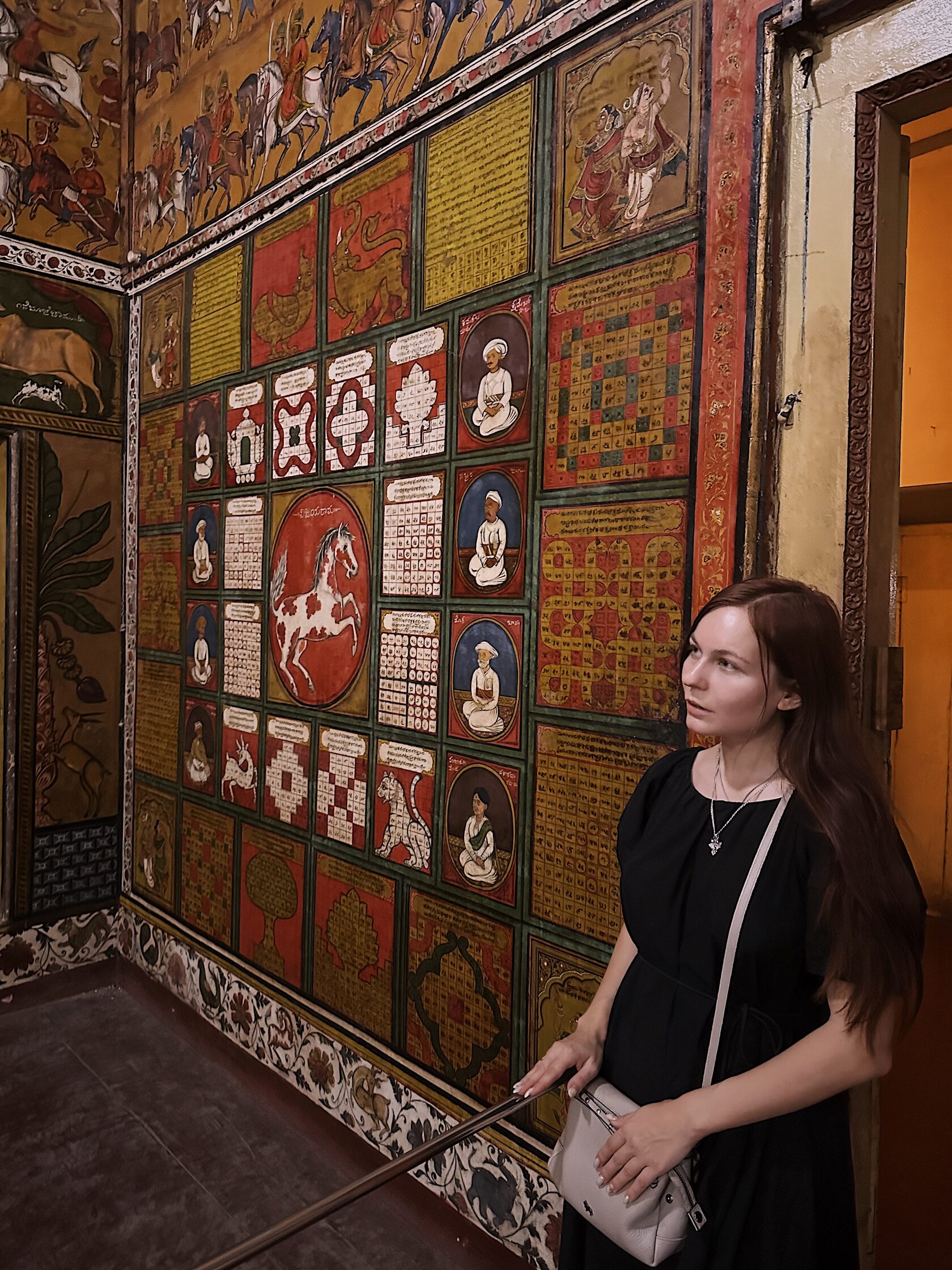
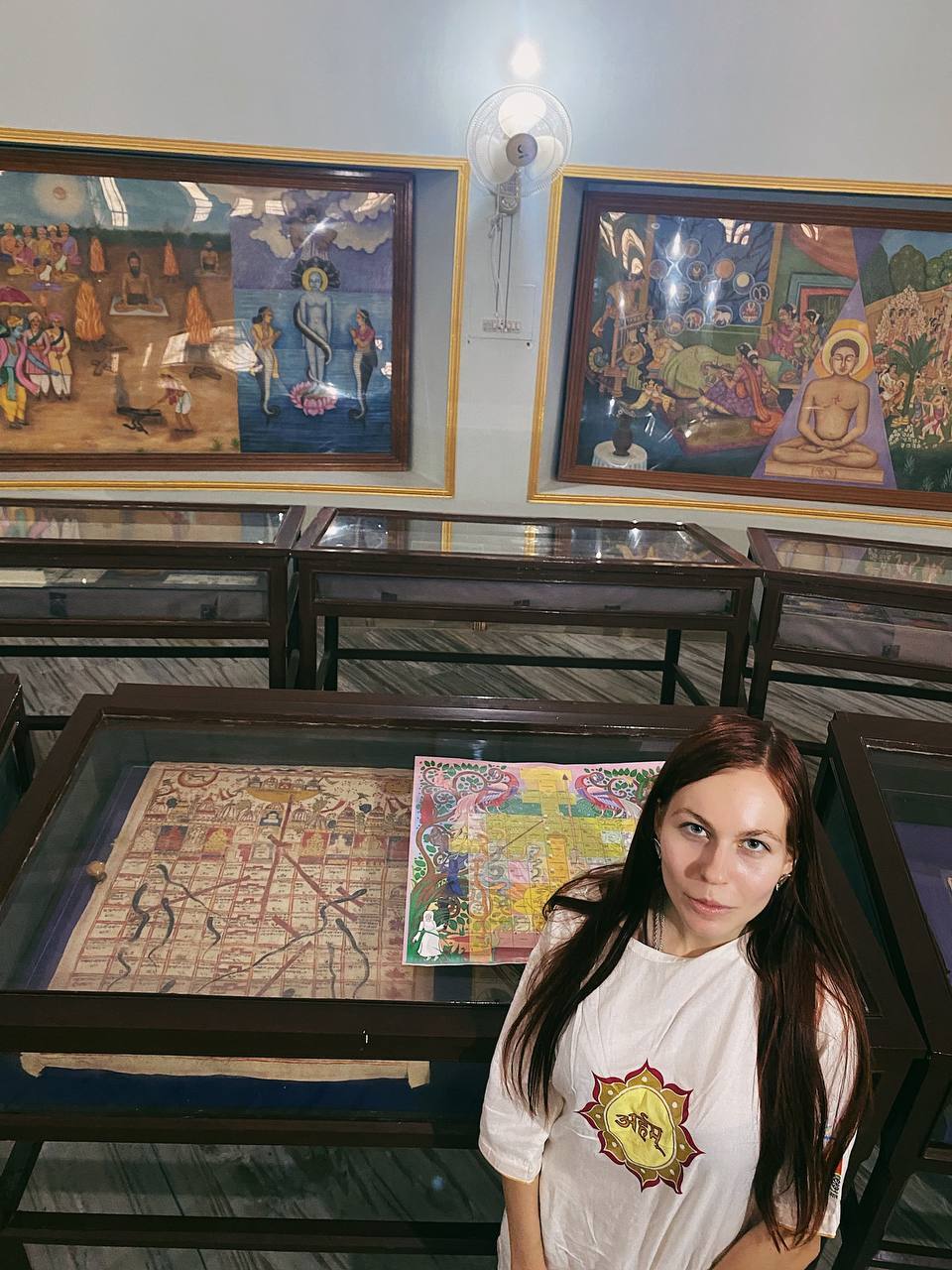
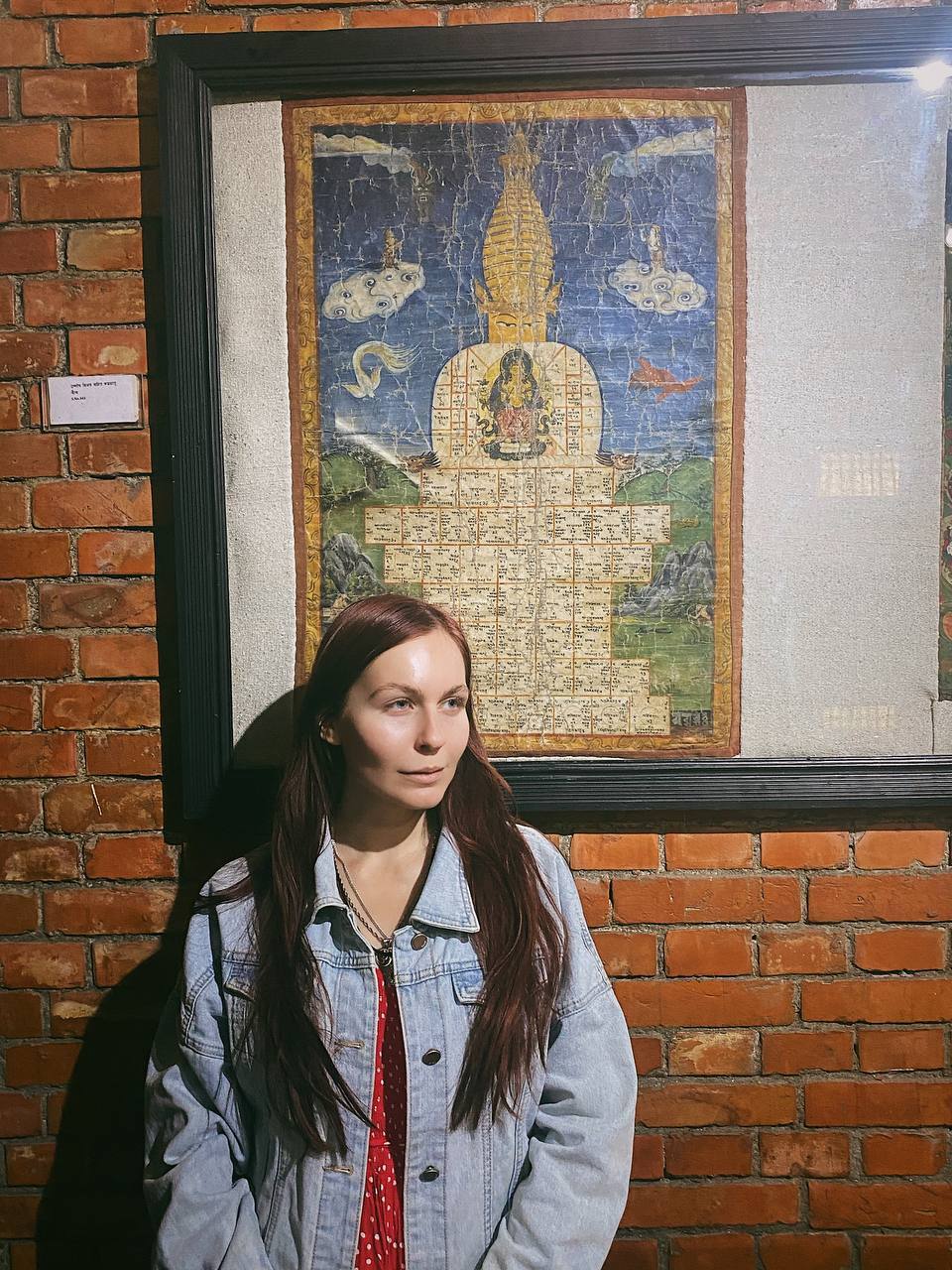
Contacts
We are open to collaborations, partnerships, and creative proposals.
Phone: +79216547279
Email: pollisok777@gmail.com